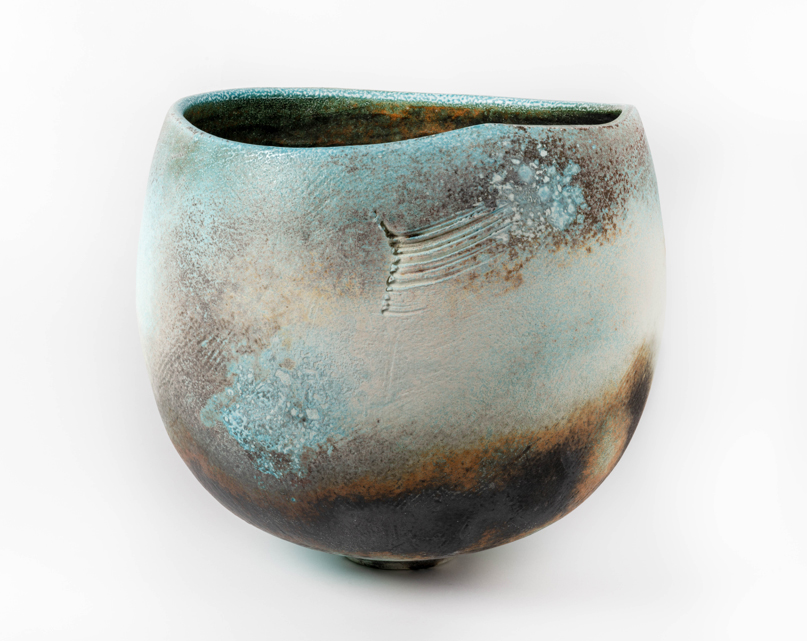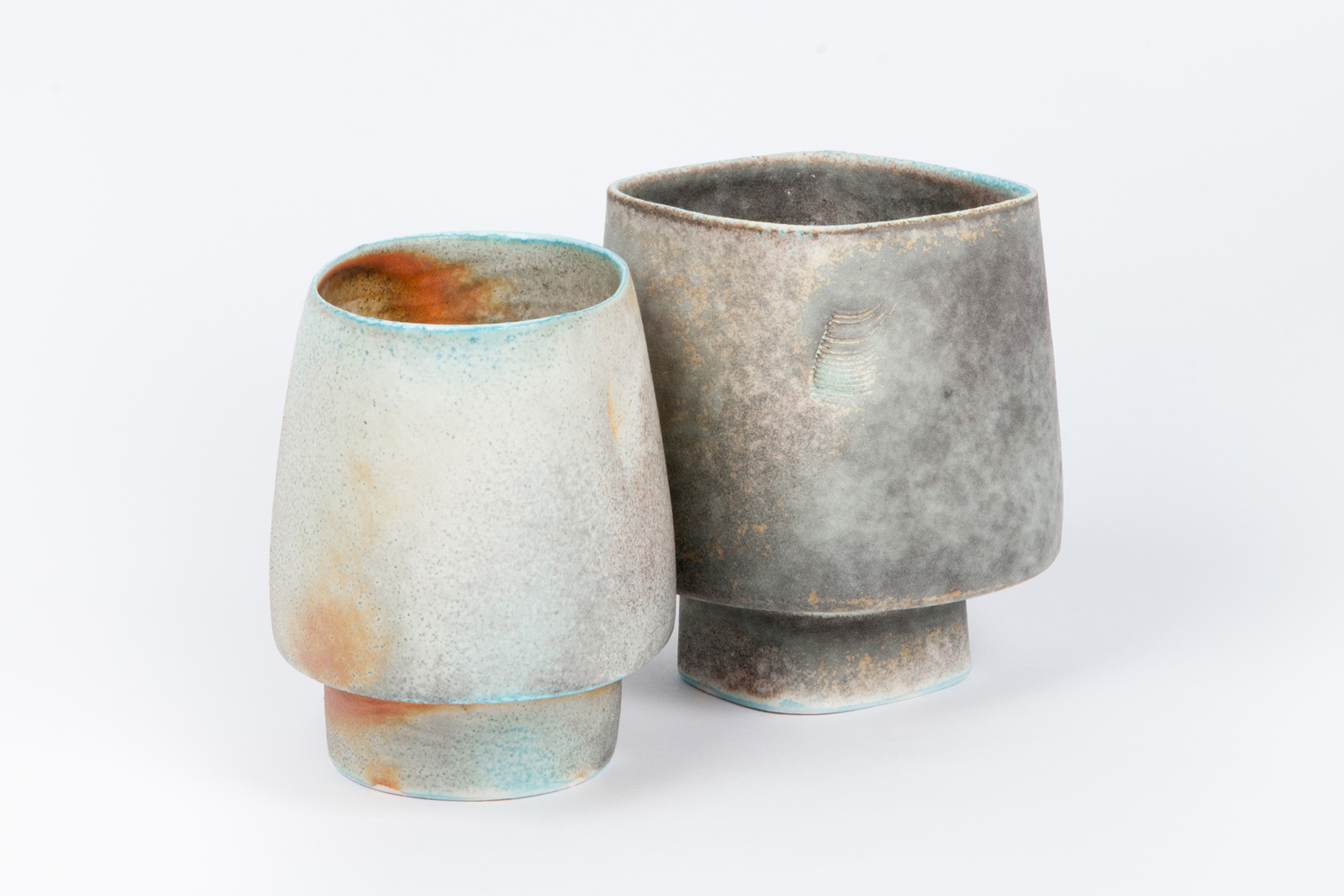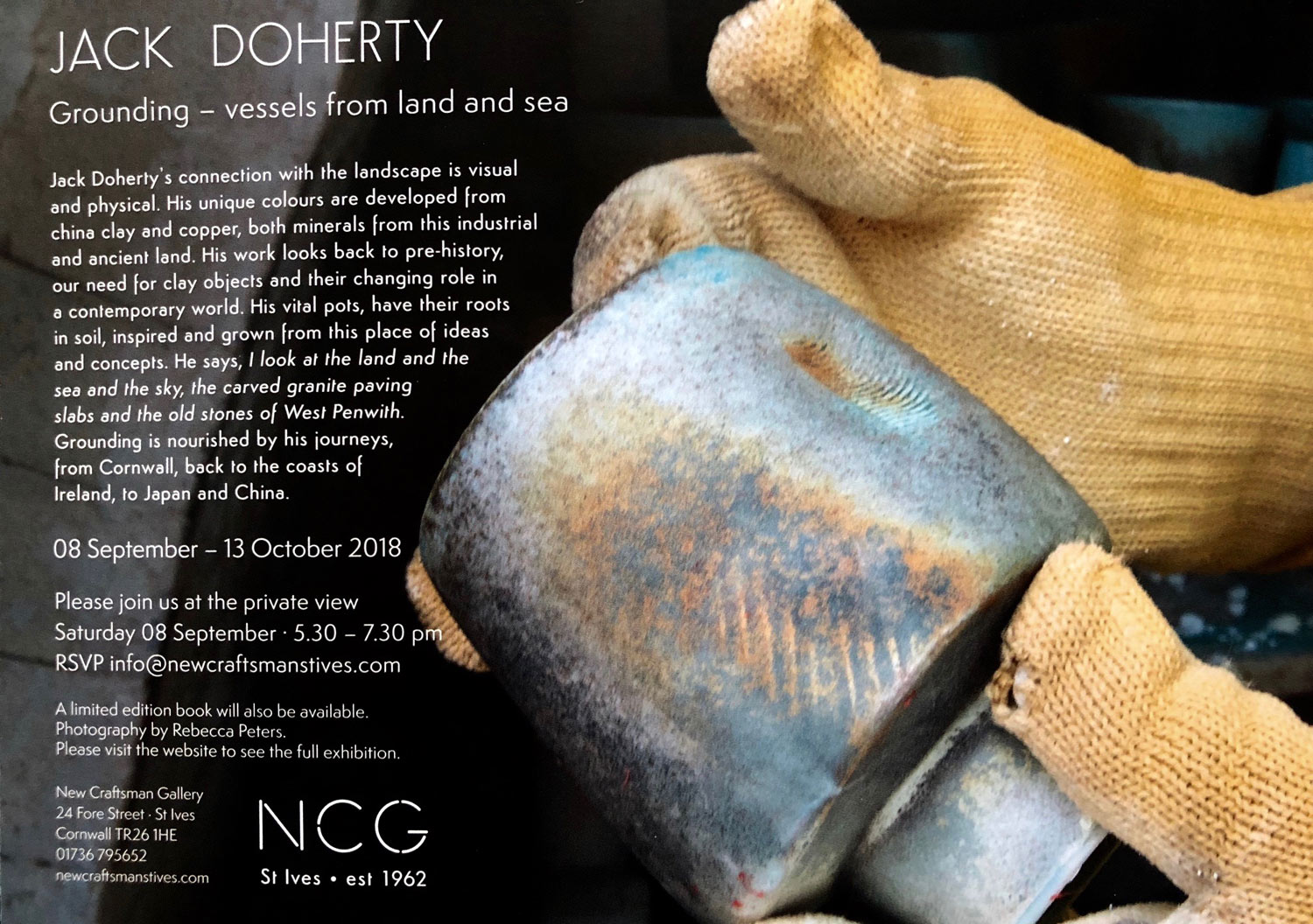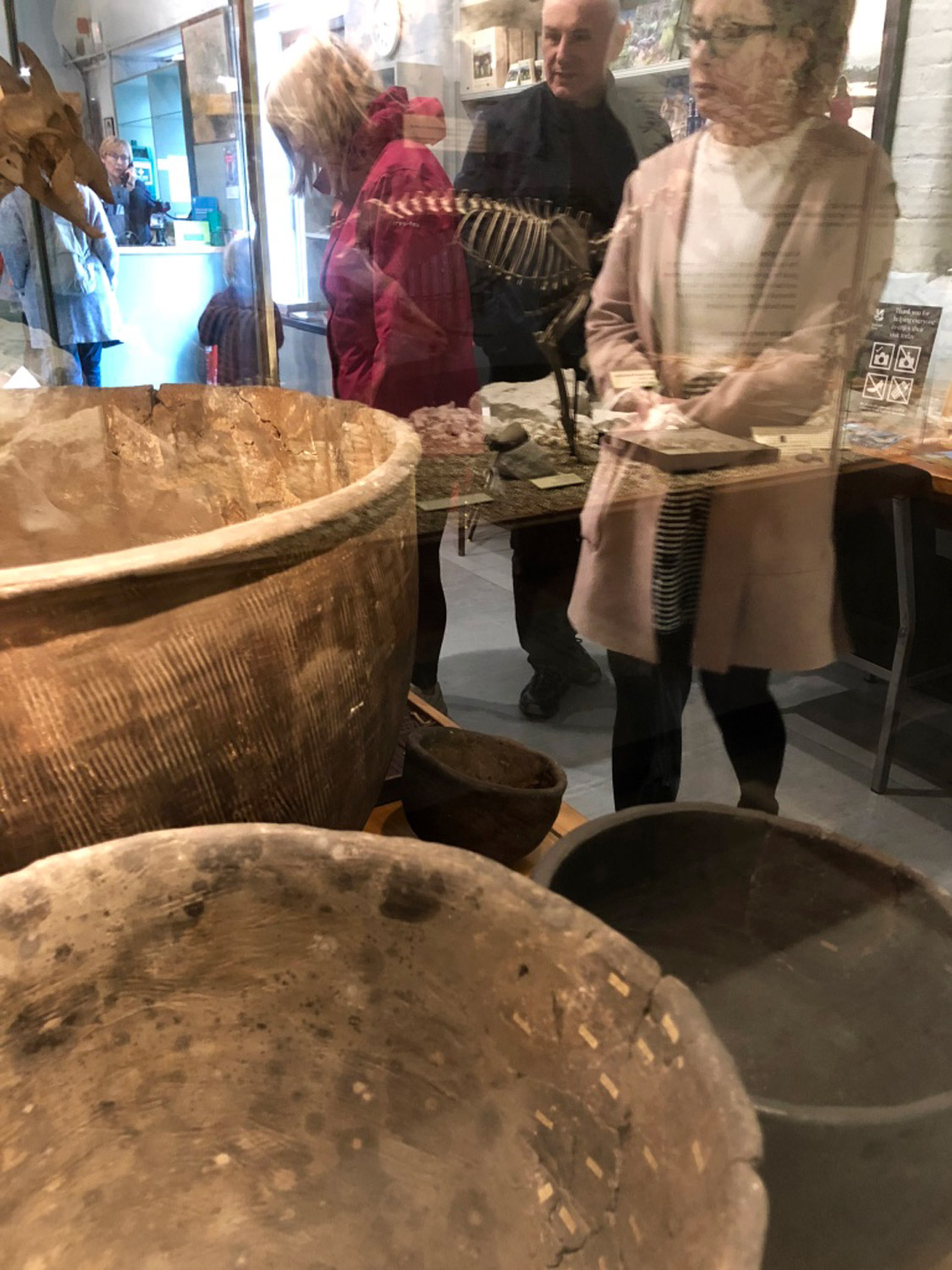DIG Conference Dublin
Guardian Vessel, Jack Doherty 2018
The DIG Conference Dublin | Kilkenny, Ireland | November 2018
The aim of the conference, Dig: the value of archaeology for society and the economy, was to answer two key questions. Firstly, in what ways does archaeology impact positively on our society and economy? And secondly, how can this be sustainably deepened?
It is always a pleasure to travel to Ireland and when the opportunity came to speak at DIG, a conference organised by the Heritage Council based in Kilkenny, I was delighted to give a presentation about my creative ceramic practice from the perspective that history and tradition can be a dynamic and changing force.
The event was organised along the four overlapping themes of Creativity, Community and Well-being, Placemaking, and the Economy. The opening keynote lecture, Bigger Than History, was given by Professor Brian Fagan, who discussed the importance of a sustainable cultural heritage in the field of archaeology.
Spread over 5 days, 46 international speakers from leading archaeologists, architects, poets and artists, gathered together to present a series of lectures and workshops highlighting the aims of the DIG conference.
Pots from pre-history
The Ambiguity of Function; the place of pots
My work looks back to pre-history, our need for clay objects and asks questions about their changing role in a contemporary world. My porcelain vessels contain the qualities of both art and utensil. Recent projects, such as Grounding and Waypoint, have connected people and community, pots and place, using site-specific locations to engage with the work and enhance a sense of place.
“I am inspired and intrigued by archetypal vessels. ”
I am inspired and intrigued by archetypal vessels. Pots from our ancient human histories are touchstones in my practice, they were used for storing, holding, preserving, gathering or cooking. Used as funerary urns, containers or for simply carrying, these fundamental clay objects, now only seen through glass in museums, can reflect a deep and emotional connection with our ancestors and reveal to us their everyday life and spiritual relationship they had with the world. These vitally important pots were carried from this life into the next, integral to the needs of society and community from neolithic times.
Beaker burial site
Stone on a stone
Since the beginnings of civilisation mankind has created clay vessels for practical application. As society evolves we no longer need pots out of ‘necessity’ and survival. Vessels made for a contemporary context can be solitary and contemplative or ceremonial; for everyday or a special occasion.
My forms are embedded with ancient stories and contemporary narratives; the passage of life from birth to death. These are essential objects for living in a contemporary world, creating an intervention with domestic space and daily life.
For the current Grounding exhibition I looked back at prehistoric pots from Ireland and Cornwall, vital pots, then with a real use in this world and into the next. I looked at the ways people made things before art or craft, when making was integral and essential to the social life of objects.
Unpretentious, utilitarian vessels from history are referenced throughout my work. They embody an abstract sense of purpose that moves beyond a strictly functional role. For me ‘usefulness’ is more ambiguous. These vessels become containers for ideas, keepers of intangible things and carriers of thought.
My vessel forms have evolved their own unique language as messengers and communicators in our technology-filled society. I see them as guardians of emotion and connectors with the spiritual. I want my work to inhabit our living spaces in the light, shadow and darkness with qualities that neither painting or abstract sculpture can.
Dig is a collaboration between the Heritage Council, the Department of Culture, Heritage and the Gaeltacht, the Department of Communities NI, Fáilte Ireland, the Institute of Archaeologists of Ireland, the National Museum of Ireland, Transport Infrastructure Ireland and Dublin City Council. It is being project managed by the Irish Walled Towns Network and is receiving support from Creative Ireland. Dig is a key part of the programme of events for the European Year of Cultural Heritage 2018.
















